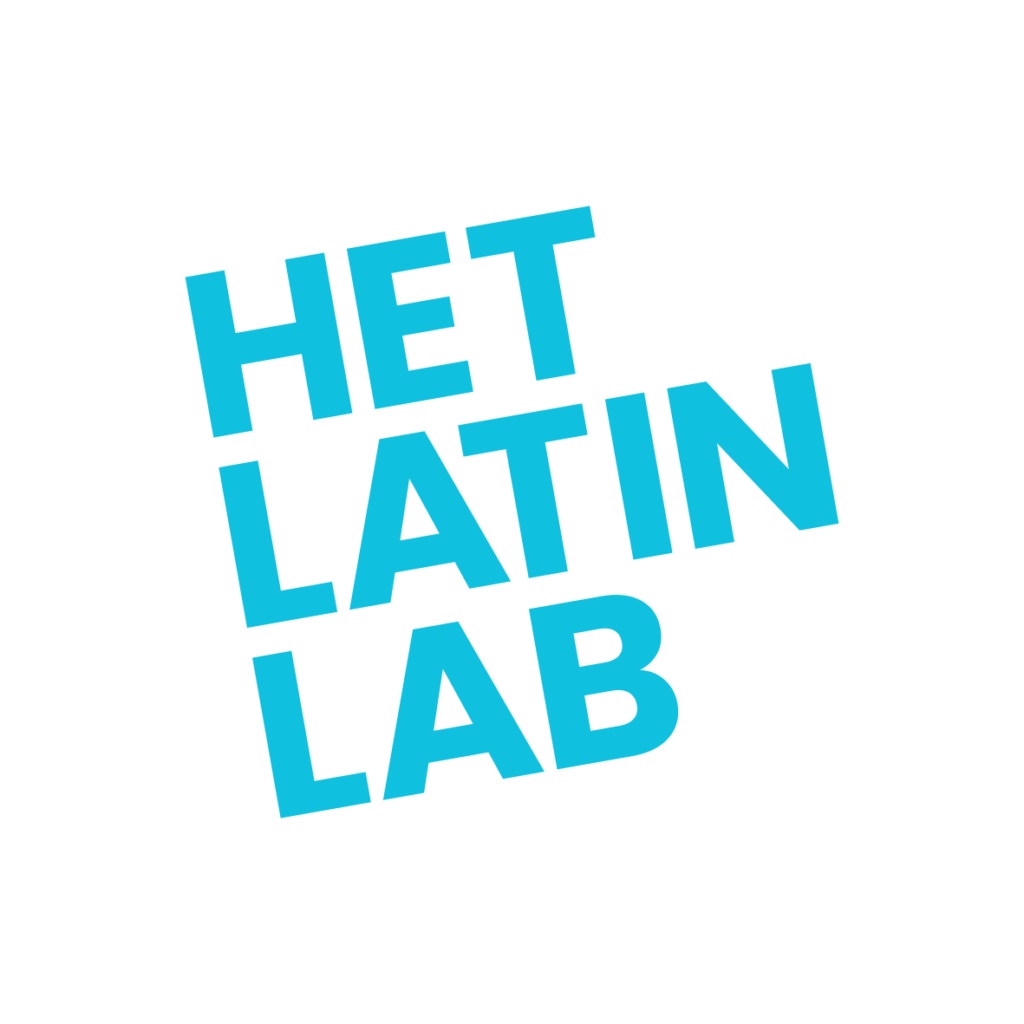Ready to travel in Latin America? From Mexico’s vibrant markets to Argentina’s tango-filled streets, every country has its own rhythm—and its own Spanish. Latin American Spanish blends indigenous roots like Quechua and Guaraní with influences from Italian, Portuguese, and more, creating a language as diverse as the region. Unlike textbook Castilian, Spanish in Latin America thrives on local slang and expressions that capture each culture’s heart.
At Het Latin Lab, our Latin American Spanish courses teach you the authentic language of the streets. Whether you’re haggling for souvenirs or bonding over coffee, mastering words and expressions to travel in Latin America will transform your trip. Below, we share 10 must-know phrases and words to help you navigate, avoid mix-ups, and connect with locals. Start your Spanish for travel journey now and learn Spanish that feels alive!
10 Phrases and Words You Need to Know
These Spanish phrases for travel and words will help you blend in across Latin America. Perfect for learning Latin American Spanish, they’re practical and full of regional flavor.
1. ¡Qué chévere! / ¡Está padrísimo! / ¡Está bacán!
When something amazes you, use these expressions depending on the country: in Mexico, you’ll hear “padrísimo,” in Peru and Ecuador, “bacán,” and in Venezuela or Colombia, “chévere.” Perfect for expressing enthusiasm!
2. Tener fiaca (Argentina) / Estar tirado (Chile) / Estar de flojo (Mexico)
If you’re feeling lazy and don’t want to move, these phrases will come in handy. “Tengo fiaca” is the Argentine way of saying you feel lazy, in Chile they say “estar tirado,” and in Mexico, “estar de flojo.”
3. La cuenta, por favor
A must-know phrase in restaurants. In Ecuador, you might hear “Me trae la dolorosa” (“Bring me the painful one”), and in Chile, they say “Me pasa la cuenta” (“Give me the bill”).
4. ¿Cuánto cuesta? / ¿Cuánto es? / ¿A cómo está?
To ask for prices in markets or stores, “¿Cuánto cuesta?” is universal, but in Mexico and Colombia, people also say “¿A cómo está?”
5. Luca, vara, mango, lana, billete…
Money has different names across Latin America. In Argentina and Chile, “luca” refers to a thousand units of their currency; in Costa Rica, they say “vara”; in Venezuela, “mango”; in Mexico, “lana”; and in Peru, “billete.”
6. Coger el bus (Colombia) vs. Tomar el bus (Mexico)
Be careful with this one! In Colombia and Spain, “coger” is perfectly normal for taking transportation, but in Mexico and some other countries, it has a very different (and inappropriate) meaning. It’s safer to say “tomar el bus” there.
7. Guagua (Ecuador, Chile) vs. Camión (Mexico) vs. Colectivo (Argentina)
Public transportation is called differently depending on the region. In Ecuador and Chile, “guagua” means bus, in Mexico, they say “camión,” and in Argentina, it’s “colectivo.”
8. Estoy enguayabado (Colombia) / Tengo la cruda (Mexico) / Ando con resaca (Argentina & Chile)
If you drank too much the night before, these expressions will help you describe how you feel. In Colombia, you say “enguayabado,” in Mexico, “crudo,” and in Argentina and Chile, “con resaca.”
9. Chamba (Peru, Mexico) / Pega (Chile) / Laburo (Argentina)
Looking for a job? In Peru and Mexico, it’s called “chamba,” in Chile, “pega,” and in Argentina, “laburo.”
10. Accommodation: Hostal or Hotel?
In many Latin American countries, “hostal” refers to budget accommodations for backpackers with shared rooms, while “hotel” is usually more private and expensive. However, in some places, “hostal” can also mean a small and cozy hotel.
These words and expressions to travel in Latin America will help you navigate with ease, from haggling with “¿A cómo está?” to saying “Necesito ayuda” when lost. Latin American Spanish is a vibrant tapestry, and phrases like “chévere” or “enguayabado” open doors to deeper connections.
Ready to learn Spanish for your trip? Join Het Latin Lab’s Latin American Spanish for Travellers Crash Course starting May! This 10-week intensive teaches practical Spanish phrases for travel and slang to vibe with locals. Sign up now —Click “Yes, I’m in!” to secure your spot!



